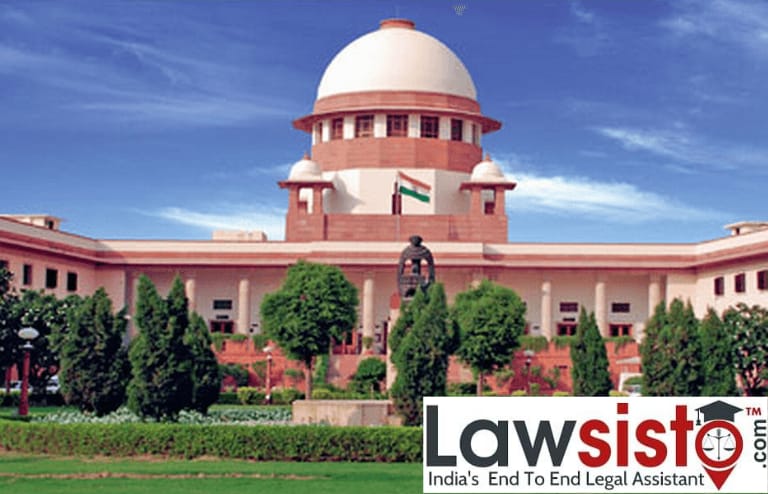Latest News
Supreme Court seeks Union Government to answer a petition challenging Section 64 of the CrPC

The Supreme Court seeks a response concerning the petition to the Central Government challenging Section 64 of the Code of Criminal Procedure because it harms women by discriminating against them by considering family members not capable of accepting summons on behalf of the person being summoned [Kush Kalra vs. Union of India, (2017) 10 SCC 1].
The two-judge bench of Chief Justice D.Y. Chandrachud and Judge Hima Kohli issued a notice to the Union government directing services to India's Attorney General's Office with a four-week return period. Section 64 of the CrPC deals with the service of summons when the concerned party cannot be found.
Petitioner's attorney, Kush Kalra, argued that the Code of Civil Procedure of India required that summons be served on all adult family members of the defendant, regardless of gender. Section 64 of CrPC as pleaded is discriminatory because it only refers to a summons to be served on adult males of the family. The petition calls the CrPC "anarchic and dogmatic" even after being passed 65 years after CPC.
According to Section 64 of the CrPC, If the person receiving the summon cannot be located with due diligence, the service of summons for him may be done by serving a duplicate with the adult male members of his family living with him. Further, the CrPC alleges that it did not believe that adult female family members were able and competent enough to accept the summons. This exclusion of female members of the family from receiving a summons instead of a summons to a person is against the equal rights guaranteed by Article 14 and Article 15 of the Indian Constitution and the right to know under also Article 19(1)(a) of the Constitution. It added that it violates the right to dignity guaranteed by the Indian Constitution under Article 21.
Referring to a petition, the High Court of Madras in G. Kavitha v. Coalition of India, W.P. (MD) No. 2949 of 2004 challenged discrimination against women under Section 64 of her CrPC in 2006. The High Court ruled that consistency and equality were necessary for the treatment of both civil and criminal matters, but because it was dealing with broader legal issues that the Union government needed to deal with, it dismissed the petition.
The Ministry of Law and Justice and the Union government were named as defendants in this petition. The Ministry of Law and Justice at that time had upheld the non-service of summons to women to protect their privacy. The petition argued that the provision violated the victim's right to a speedy trial guaranteed by Article 21 of the Constitution. Apart from significant procedural delays, Section 64, CrPC said it created difficulties for all other relevant groups. Therefore, the petition alleges that it violates Articles 14, 15 and 21 of the Indian Constitution.
Refer to the following case for more details - Kush Kalra vs. Union of India, (2017) 10 SCC 1



































































































